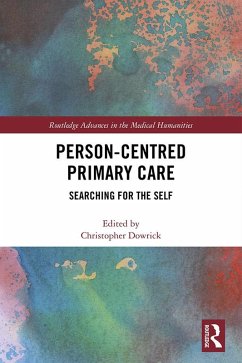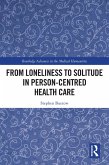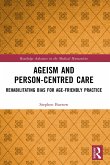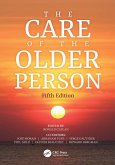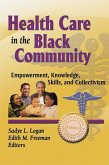Contemporary trends such as shared decision-making between health professionals and patients and promoting self-management assume those involved are able to make their own decisions and take action. In practice, however, medicine often opts for reductionist perspectives of patients as passive mechanical systems and diseases as puzzles. At the same time, huge political and organisational changes mean time and resources are scarce, putting further pressure on consultations. This book discusses how we can start to resolve these tensions. The first part considers problems posed by the increasing bureaucratisation of primary care, the impact of information technology in the consultation, the effects of chronic disease on our sense of self and how an emphasis on biology over biography leads to over-diagnosis. The second part proposes solutions based on a strong ontology of consciousness, concepts of creative capacity, coherence and engagement, and will show how these can enhance the self-esteem of patients and doctors and benefit their therapeutic dialogue.
Combining theoretical perspectives from philosophy, sociology and healthcare research with insights drawn from clinical practice, this edited volume is suitable for those researching and studying primary healthcare, communication and relationships in healthcare and the medical humanities.
Dieser Download kann aus rechtlichen Gründen nur mit Rechnungsadresse in A, B, BG, CY, CZ, D, DK, EW, E, FIN, F, GR, HR, H, IRL, I, LT, L, LR, M, NL, PL, P, R, S, SLO, SK ausgeliefert werden.

